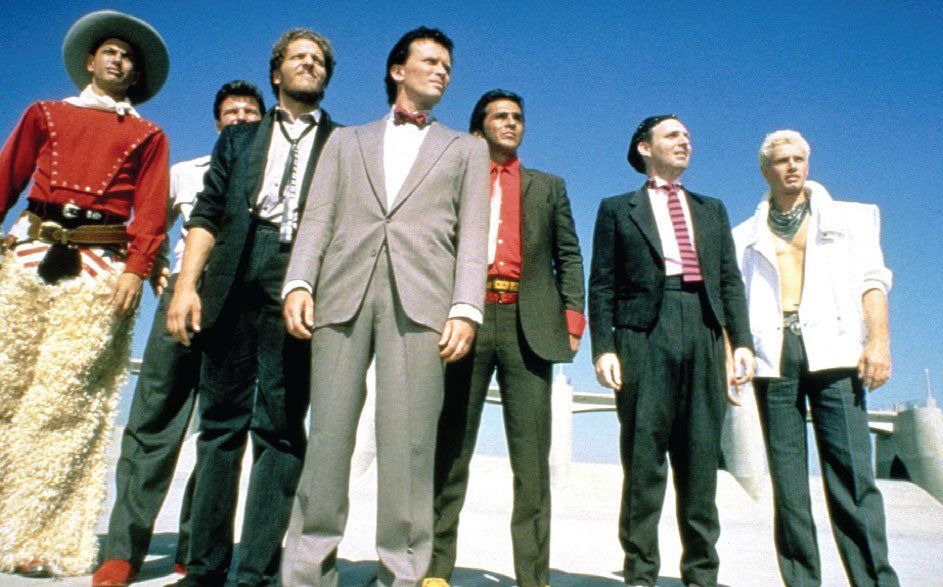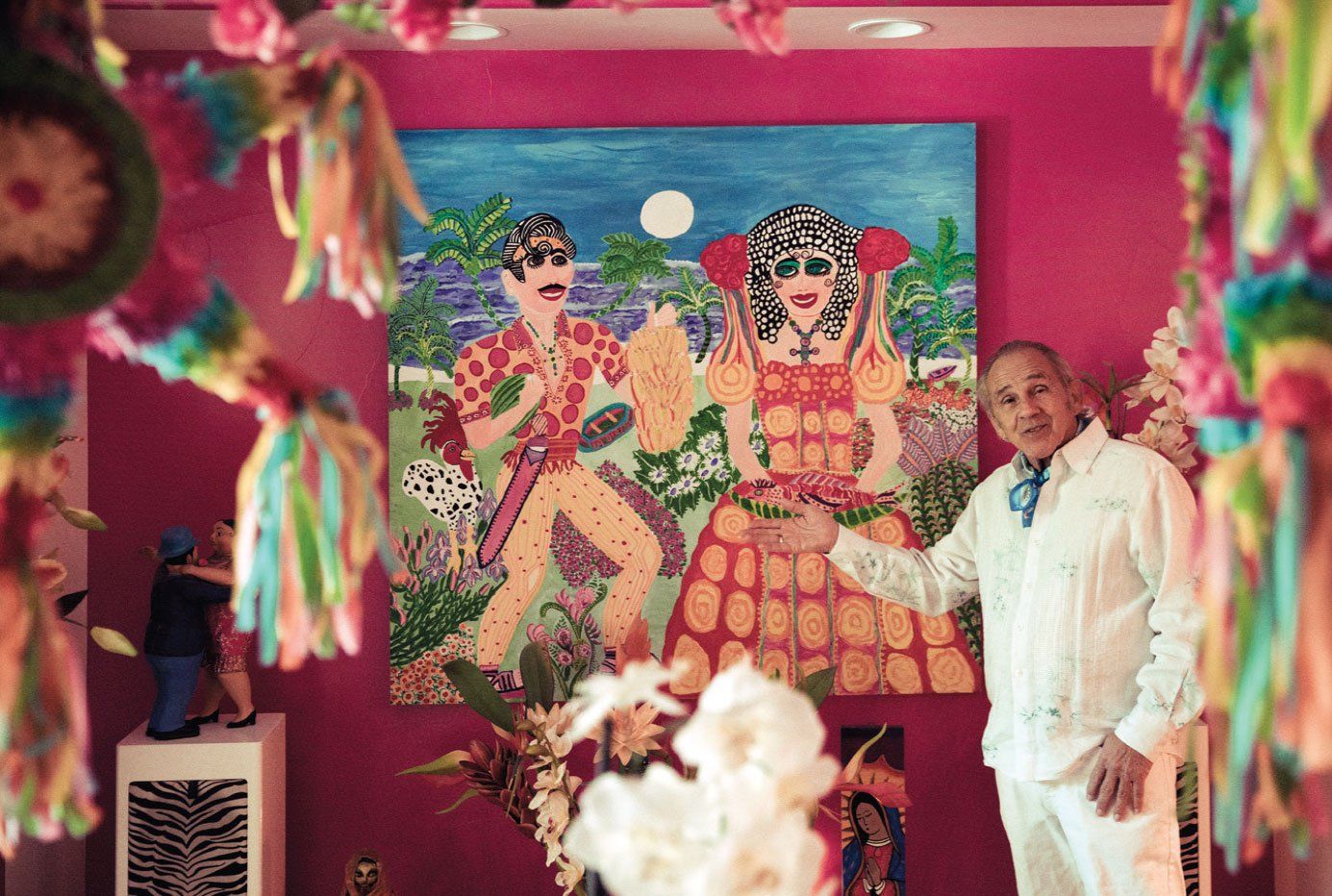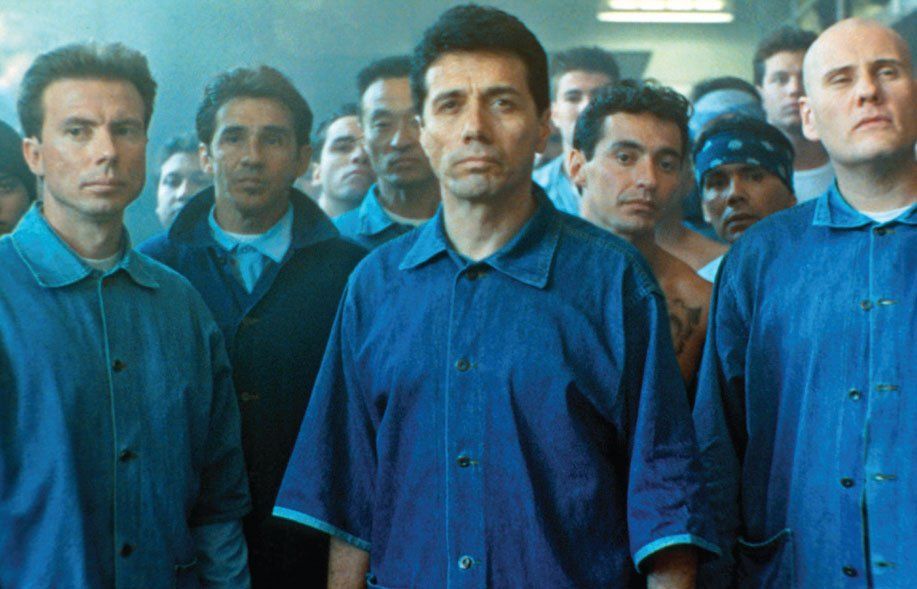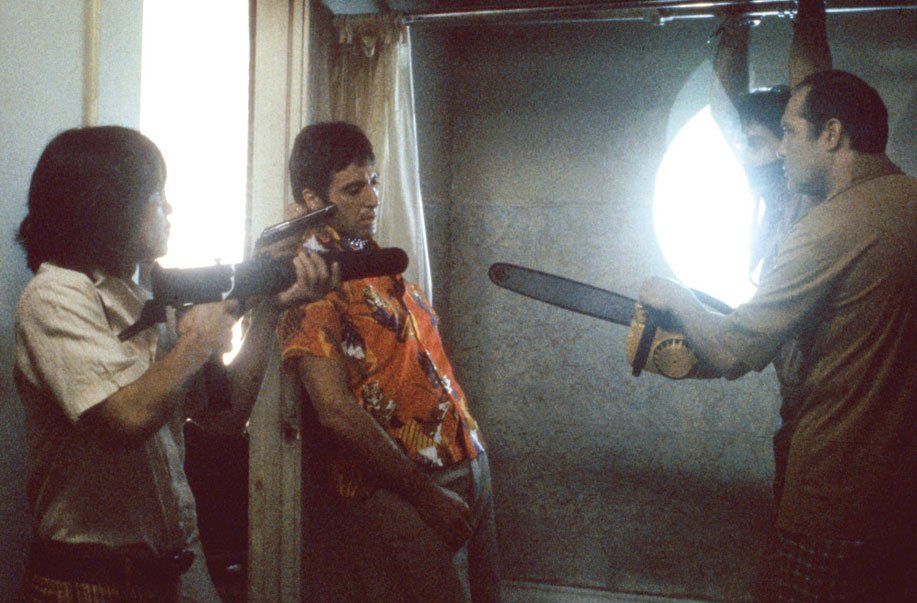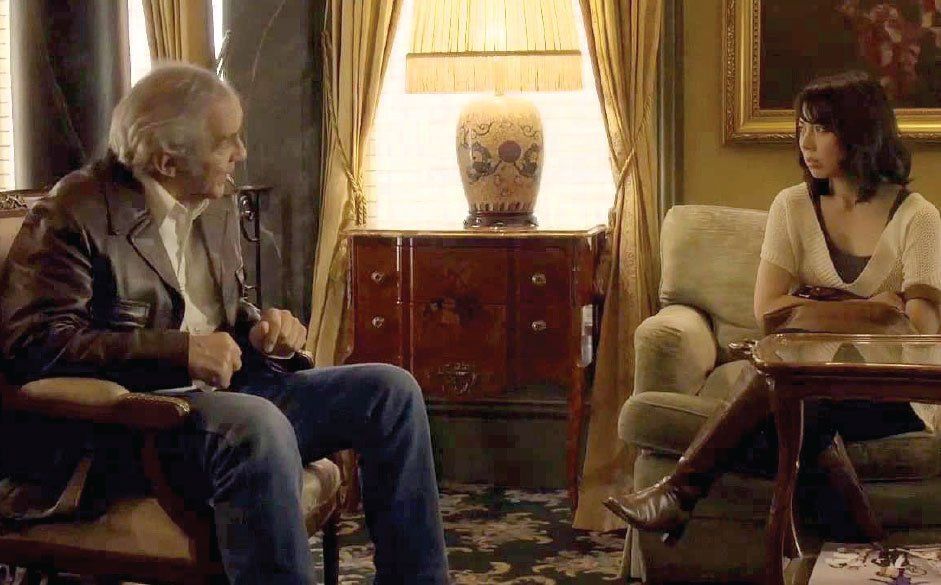How optimism, patience, and generosity propelled Pepe Serna into the leading role.
Pepe Serna is your favorite actor, and you didn’t even know it. Did you grow up in the 1970s, ’80s, or ’90s? Are you a millennial or a Gen X? Doesn’t matter. When you went to the movies or turned on the TV, he was right there in front of you. No, not the star. The guy to his or her left. The one who make he scene work and the star shine.
About Pepe Serna
Serna has a half dozen lines or maybe only one, but it’s the one you remember. Like when he says to Montoya Santana in American Me, “You have a lot of heart, carnal, maybe too much,” and a minute later, Edward James Olmos takes flight. Or you might remember that time he had no lines at all. He couldn’t speak. There was tape on his mouth and he was hanging from a shower head. But you remember his eyes from when a chainsaw spiked in RPMs and then cut through his shoulder while his friend, Tony Montana, watched.
Oh, that Pepe Serna, you say. You’ve loved everything he’s done, and you’d know him at a glance, but still, you also may be thinking, “Pepe who?”
It’s OK. Great character actors are seldom household names. For every Harry Dean Stanton, Linda Hunt, Strother Martin, Anne Ramsey, Ronny Cox, or Amanda Plummer, there are hundreds of names that barely ring a bill: Dorothy Dandridge, Amy Wright, Ed Lauter, Anthony Zerbe, Lynne Thigpen, Brion James, Kathy Baker, Timothy Carey. And Pepe Serna. Great character actors are chameleons. They wear a hundred masks, none alike. Writers may throw the weight of their stories on the backs on their principal characters, but the supporting cast distributes the weight. Rosalind’s escapades in As You Like It dazzle and delight, but malcontent Jacques is the soul of Shakespeare’s play. Michael Caine knew what he was doing when he took on the role of Batman’s butler. He was so riveting in every scene that it’s hard to remember which actor was playing the Caped Crusader that time. For the most part, though, the art of the character actor is as a fleeting but pivotal presence: the Japanese gardener who complains to Jake about the brackish water in Chinatown or the moment Marie Dressler stumbles when Jean Harlow admits to having read a book in Dinner at Eight.
Many of his colleagues and admirers point to Serna’s dedicated work in the Los Angeles-based theater group Synergy Trust as the origin of his remarkable improvisational talents. Serna says it goes back much further. “I believe I’ve been doing improv since I was about 3,” says Serna, dapper and relaxed in a pink linen sport coat as he sits back on a couch in the guest quarters of his bright Rancho Mirage home. From the street, the house appears indistinguishable from its tightly wedged neighbors, but inside, it’s like stepping through a portal that lands you in a lush and colorful oasis in Coyoacán or Teotitlán del Valle. Every vibrantly hued room — designed and decorated by Serna’s wife, Diane — is filled with Mexican folk art and Serna’s own paintings, all of which tell a story. “My grandfather built a boxing ring across from our house on the corner. One day I was up in the ring and I was playing around like I was fighting and fell. Everyone laughed. I liked it. I did the exact same thing again. This time no one laughed. And, so, I learned my first important lesson about acting.”
The site of this precocious performance was the small gulf town of Corpus Cristi, Texas, across the border from Laredo, Mexico. Corpus’ gift to the arts is not insignificant. Natives include Selina, Farrah Fawcett, Lou Diamond Phillips, Eva Longoria, and, of course, Alfonso Serna, aka, Pepe. He credits his father, a translator for Latin American pilots at the aviation training facility, with gifting him his love of language. Though Corpus was sharply divided with Anglos on one side and Chicanos on the other, Serna went about his childhood blithely ignoring the prejudices. At W.B. Ray High School, he excelled at theatrical productions, represented his school in the National Forensics League, and was enthralled by classic Mexican movies from the 1930s that screened at downtown theaters. Though he knew some of the Anglo parents didn’t like him dating their daughters, he didn’t come face to face with prejudice until one night in high school. He and some friends and their dates went to a new dance club. He wasn’t allowed in. “I was shocked,” he says, “but there it was.”
Nothing, it seemed, could dampen his spirit or desire to entertain.
A filmmaker came to town looking to cast a Mexican American actor in the lead role as a young bullfighter in a movie called Jacket of Blood and Gold. Though the only print of the film was later lost in a gulf hurricane, the director got Serna a gig as a barker at the Moroccan Pavilion at the 1964 New York World’s Fair. Besides refining his burgeoning improv talents, he awarded himself a major theatrical success. “I had a small hotel room on Broadway, so I leaned out the window and read [Eugene O’Neil’s] The Hairy Ape out loud. That way, I could say that I performed The Hairy Ape on Broadway.”
Even a stint in the Marine Reserves could not deter his quest. After a few months pretending he’d been cast in a movie about a young man entering the Marine Corps, where the drill instructors were his directors, he found that he could earn exemption from active duty by studying abroad. He left for Mexico City, enrolled in school, lived on 80 cents and one meal a day, and hung around film studios hoping to break into the business. “I was doing what I loved,” he says. “I didn’t care whether they paid me or not.”
Incongruously, he was cast in a half Mexican, half American production of Hair. Serna says the daughter of the president of Mexico ordered the production closed after one performance because of the scandalous nudity, but it inspired him to travel north and try his luck in Hollywood. Borrowing $100 from his hairdresser mother in Corpus, he headed west to the city of his dreams.
PEPE SERNA ARRIVED in Hollywood in 1969. He was determined to be discovered. He wanted the chance to perform and was not going to be denied. Though broke and homeless at times, he still gave his all to his improv group,
